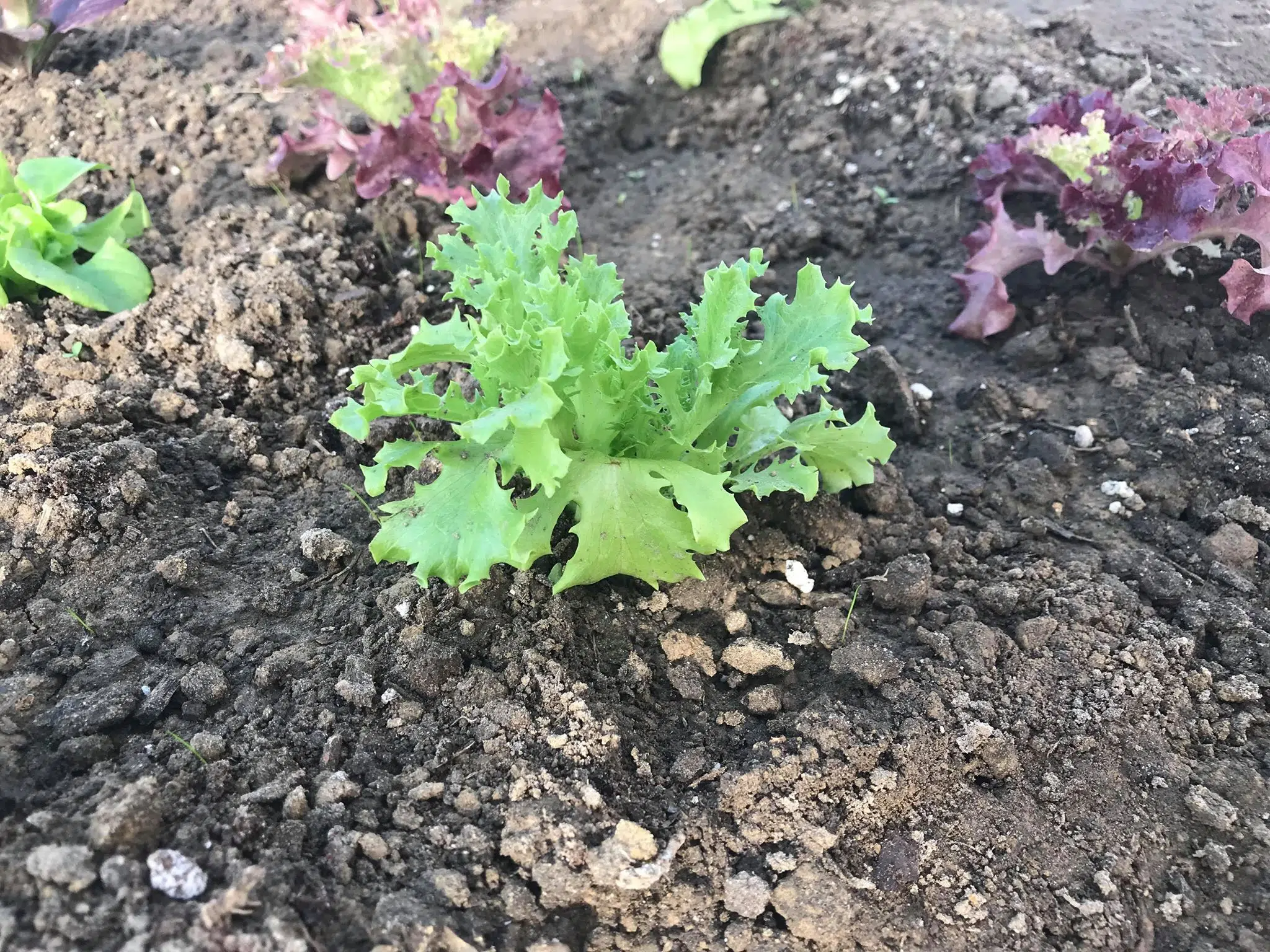
Watching what we eat, what is on our food, and what is in our food has become a major concern ever since new diet trends have been introduced to the market.
Organic has always been an option on the grocery store shelves for people taking on a diet. Produced without pesticides, fertilizers, or chemical additives, organic must be the way to go. Some say it is and some say it is not.
Chris DeVries owns Common Ground Farm just south of St. Thomas. He grows year-round organic vegetables for the St. Thomas and London food markets.
“We grow probably thirty different kinds of vegetables. We do a lot of carrots, beets, and lettuce. Anything you could put in a salad is pretty big here.”
Farming organically is a lot more tedious and time consuming than farming conventional foods.
“It means we have to pay really close attention to our soil. We have to use very careful crop rotation. We have to add a lot of organic material to the soil in order to make sure there is enough nutrients for the plants,” said DeVries.
He thinks that not only is organic farming good for the body, it is also good for the environment.
“I believe it’s better for the ecosystem, it’s better for the land that we’re growing on, but also it produces a better crop.”
Recently with more diet programs coming to the market and the demand for organic increasing, it has driven the market to grow and have more organic suppliers. The global market of organic food is expected to rise another 16% before 2020.
The question raised a lot of the time about organic food is if it’s really worth paying the extra price for. Also, if organic really has any nutritional advantage over conventional foods.
“When we’re looking at fresh versus organic, sometimes the fresher food isn’t organic and when it’s fresher it might be more nutritious. So, we can’t always say that organic is always going to be healthier,” says Sara Perlmutter, a dietician at Western University.
She believes that the residue that is on conventional foods is not something to be worried about.
“The residue that’s in our food is so low that you’re not really going to notice right away. It would take long-term exposure. Multiple, multiple times eating that food to actually see any consequence.”
Most foods she says are fine to eat conventionally. There are a few foods that she does agree with buying organic though if you have the extra money to do so.
“I think if you can afford it for certain foods that have high pesticide residue like strawberries, spinach, and apples then certainly go for it.”
Organic farming is growing and so is the demand for organic food. Whether people agree with buying organically or not, it will always be an option on the grocery store shelves and may be something to consider buying over the foods that have high pesticide residue conventionally.




